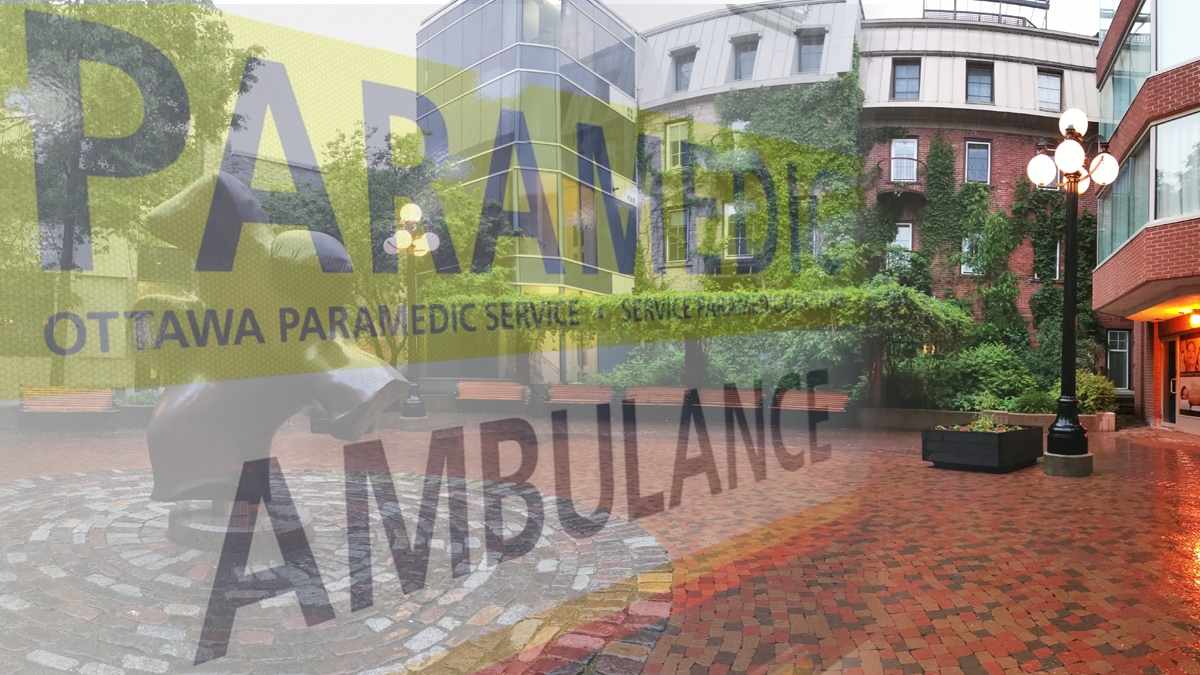
Double Check the Diagnosis
Another patron of the café overheard our conversation and shared that she knew someone that had been misdiagnosed with muscular dystrophy (MS). The MRI indicated that she had dirty white brain matter (a marker for MS). The patient was dumbfounded to hear this diagnosis since the reason for the MRI was for serious migraines. The neurologists told her she should contact him in a few months when symptoms might worsen. He in fact gave her his cell phone number in case she needed to call him sooner. The patient left in a state of disbelief.
That evening she searched the Internet to explore the diagnosis of white brain matter in relation to MS. Sure enough, the neurologist was correct in his reading of the report. She tossed and turned that night and then decided that she wanted to see the actual MRI. When she called the doctor and explained that because she was a ‘visual person’ she felt it might help her understand if she viewed the MRI. The doctor in turn agreed, and asked her to meet him at the hospital to view the MRI together. Once in the screening room, the doctor placed another patient’s MRI on the light box. He explained that the large white blotches on the screen were evident of dirty white brain matter, and thus MS.
He then removed the image from the screen and placed the MRI in question on the screen. The doctor muttered, ‘Hmmm, there are no blotches on your MRI’. The patient repeated his conclusion. . The doctor abruptly removed the image from the screen, turned to the patient, and said, “You don’t have MS.” The patient was again so stunned, that she said, ‘Doesn’t look like it.’ Both doctor and patient left the room and parted ways. It was a week later that the patient thought, ‘imagine if I had not asked to see her MRI’. She later called the hospital to file a complaint with patient relations.
The moral of the above scenarios is that no matter what the diagnosis; ask to view the results yourself. View any MRIs with the doctor because in the latter case of MS diagnosis the neurologist had only read the radiologist report, not the patient’s actual MRI. Such cases might be infrequent, but even one is too many.
The point being: Double-check the results.












